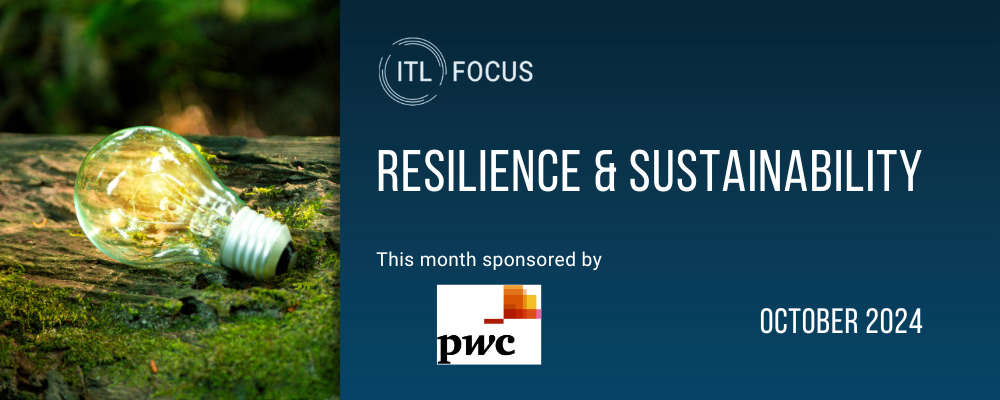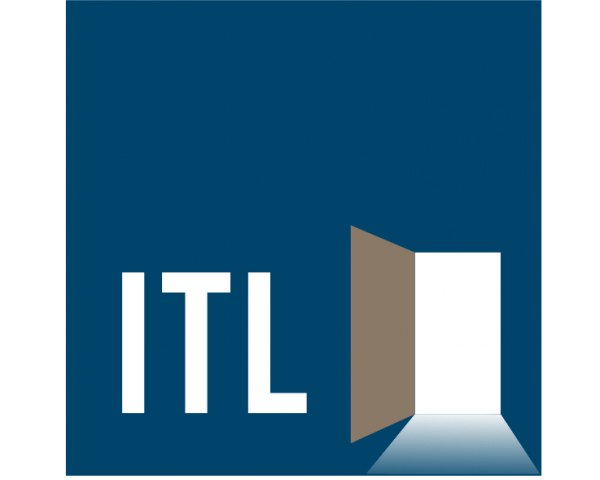Hurricane Helene seemed to be mocking a recently formed collaboration among insurance companies, Duke University, and the University of Georgia to address the risks caused by climate change. The group, known as CIRCAD, held its inaugural meeting in the Buckhead section of Atlanta early this month, and I attended. I intended to tell you in this week’s Six Things newsletter about some of the intriguing presentations and the possibilities for collaboration between our industry and these universities, with federal agencies likely joining in. Then I saw pictures of Buckhead underwater over the weekend as Helene whacked the area. A Duke professor I’d been corresponding with, who had gone silent, resurfaced Sunday night to say he’d been almost completely without internet access or cell service back home in North Carolina since Friday because the devastation from Helene had been “profound.” So I wrote this week’s Six Things on how Helene bodes ill for the future. CIRCAD (which stands for the rather ungainly Center for Innovation in Risk analysis for Climate Adaptation and Decision-making) will have to wait for next week. In the meantime, though, my concerns about Helene and what may be a growing “brown-ocean effect,” as well as my experience with CIRCAD, perfectly tee up the interview I did with Veronika Torarp, a partner at PwC, for this month’s ITL Focus on Resiliency & Sustainability. She says insurers can take more of a leadership role than they have historically, because they “have more insight and data than arguably anyone on what the leading causes of losses are and what can be done to prevent future losses, in terms of specific interventions.” I thought of that point especially in terms of North Carolina, where inland areas have in the past been protected from major impact from a hurricane but which were hit so hard that they will want to harden their infrastructure and buildings against the possibility of future Helenes. Having insurers step in in the aftermath of Helene and advise on what proved to be the weak points and what resiliency efforts headed off collapses could be a huge help. Veronika adds: “A really important point that sometimes gets lost is that we’re already making a lot of capital investments. Just as an example, I think the Army Corps of Engineers budget for next year is $9 billion. Are they spending that money based on standards that will result in more resilient bridges and other infrastructure? I don’t know. But we should be having conversations with them about the best standards to apply. “In the same way, after disaster strikes and homes get destroyed, we can make sure we rebuild those homes to a more resilient standard. We’re going to spend the money anyway. Let’s make sure we spend it judiciously with climate risk mitigation in mind.” She says many of the needed resiliency interventions “go beyond what insurance companies can possibly pay for, so the challenge is how to arrange incentives that encourage these types of interventions. This is where some creativity is going to be required, and collaboration across stakeholders.” I hope you’ll check out the full interview… and stay turned for next week’s Six Things, where I’ll not only lay out some of the specific, new ideas I heard at the CIRCAD meeting but will introduce you to what I think will be an important effort by the industry that will advance our mission of making the world a safer place. Cheers, Paul | 

